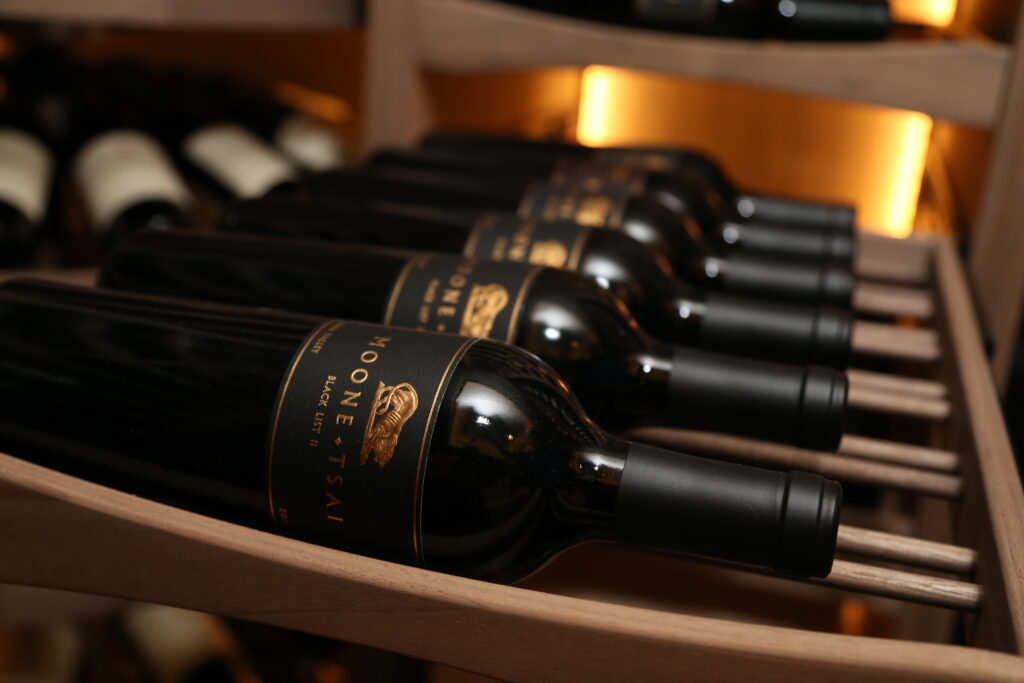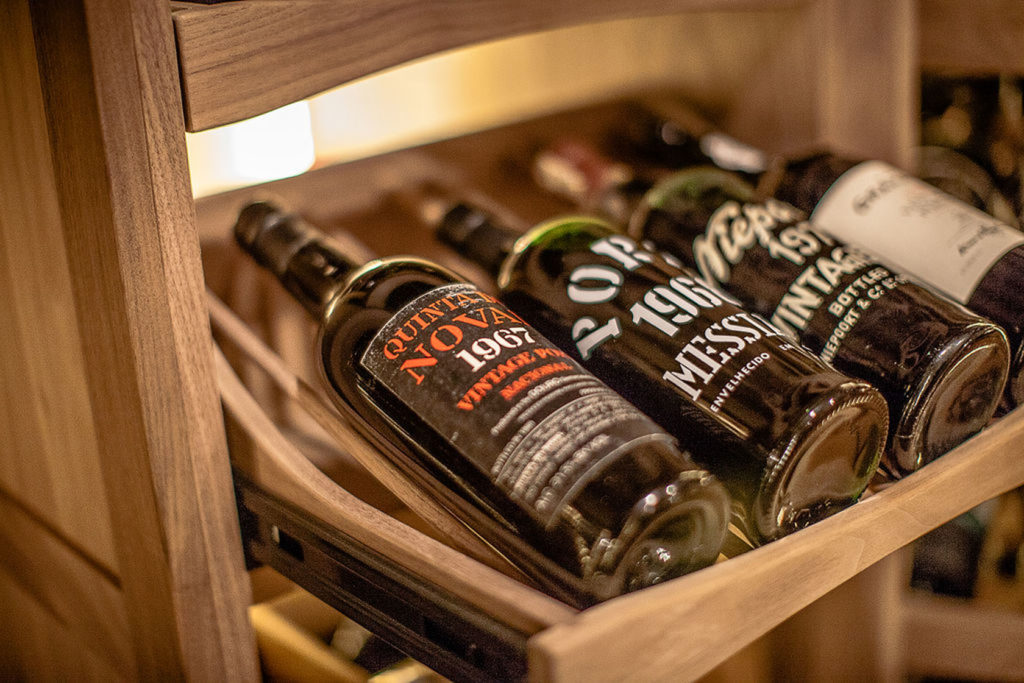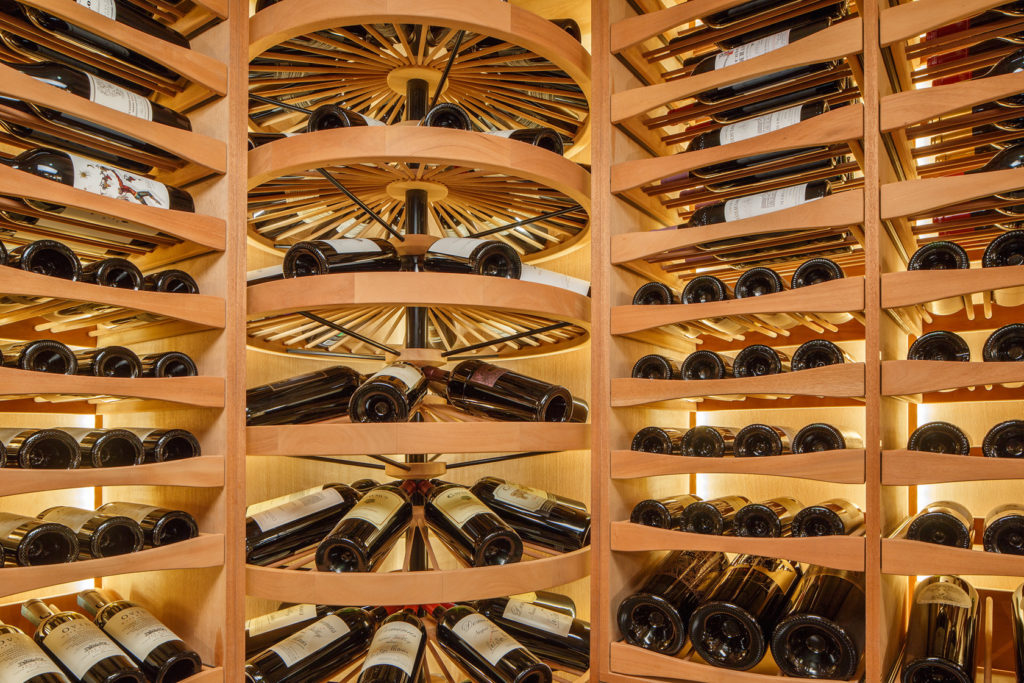So, is wine a good investment? This is a broad, complex, and controversial topic. It has been studied extensively, but results have been inconclusive. The most common error in logic I have seen in the above-mentioned studies is that all of the costs involved in wine collecting aren’t taken into consideration.
I am not an investment advisor. However, my background does include:
- Having been an entrepreneur and investor professionally, both in the wine world and outside of it;
- An MBA in Finance;
- Having taken the time to review a good portion of the research that has been done;
- Having observed the value of my personal collection over a long period of time; and
- Perhaps most importantly, having had many conversations on the topic with a wide range of collectors and investment professionals involved in some aspect of the wine world.
Let’s start with some facts – opinions will come later!
- Some wines do appreciate in value. We could even go so far as to say that there is a certain amount of predictability that certain wines will appreciate in value.
- As with any investment, past performance is not a reliable indicator of future performance. Wine values are vulnerable to a wide range of market conditions, just as other investments are. They may be a different set of conditions, but vulnerability exists just the same.
- Most of the world’s wine is destined for immediate consumption, and will likely never improve in quality or appreciate in value.
- Wine has a significant cost of ownership. Once you make the investment in a wine collection, you must bear the cost of transporting it, insuring it, cellaring it, etc. As the owner of collectible wine, one must establish and maintain its provenance in order to maximize its value.
- The market for collectible wine is illiquid. While the internet is making strides to create a more viable market, it is not there yet. One of the biggest impediments is the labyrinth of state laws that restrict commerce in this area. Transaction costs are a significant factor.
- Generally speaking, wine is a long-term investment. There are some exceptions, which I touch on below, but in general, we should anticipate a holding period of 10-20 years or more.
- Unlike some other “collectible’ assets, such as art, some of the supply of any given wine will be consumed over time, thus shrinking supply and in theory increasing value.
- Also unlike other collectible assets, certain wines do actually get better as they age. A painting, a fine watch, a car, etc., will at best retain its original quality.
How do we “keep score” relating to the investment performance of a wine collection? When we take into consideration all of the costs associated with acquiring and maintaining a wine collection, and then appropriately allocating those costs over the life of the investment, and then comparing the results with what we might have done with the money if we invested it in something else, we quickly realize that simply keeping track of the costs is a cost!

The first “opinion” is that most of us will never want to or be able to do the accounting in a way that produces a credible measure of economic performance. That doesn’t mean that it can’t be a good investment though, at least in our mind. There are a number of benefits associated with owning a wine collection that may be difficult to quantify, but provide real value just the same:
- It is a form of enjoyment, and displaces other activities that either earn less or actually cost money;
- Wine collecting can provide an advantage in business dealings unrelated to wine (which, in my case, it certainly has);
- The likelihood of a wine collection’s value ever going to zero is practically zero, and as a result, it is a nice hedge against stock market risk and inflation;
- A collector may perceive that he or she has some proprietary knowledge about certain wines, and as a result, should be able to “beat the market”;
- A collector may intend only to “harvest some gains” if and when the opportunity presents itself, in order to offset the cost of his or her consumption; or
- A collector could simply say that it is an emotional investment he or she chooses to make based on his or her own subjective criteria.
But wine collecting is more than just a numbers game for most of us. We do it because we enjoy it. For some of us, it’s the process of collecting that we enjoy, even more than the drinking.

So if we have a great wine cellar, and if we also wish to acquire wines in hopes of future value increases, where do we look? We know that factors that affect wine pricing include the quality of the vintage, supply and demand, ratings from critics, etc. Assessing investment potential goes beyond that however. Wines with true value appreciation potential must have a combination of brand equity and prestige, along with international appeal.
For example, French red Bordeaux, particularly from the prestigious chateaux, tends to benefit more significantly from bottle aging than many other wines. These wines, sometimes, bitter and tannic and nearly undrinkable upon release, tend to improve dramatically over time and are known to have long maturation periods. They are also considered to be long-lived wines, some lasting 100 years and more. By the time these wines are truly ready to drink, the supply of them is dramatically reduced, and prices have escalated significantly. Certain wines from Italy and the Rhone and Burgundy regions of France have similar characteristics.
In California’s Napa Valley, some of the elite boutique wines are 100% allocated to mailing list customers prior to release, so the only way to acquire is via the secondary market and pay up accordingly. For the rest of the great California wines, future price appreciation is, unfortunately, somewhat unpredictable.

So, while it may be challenging to establish the value of a wine investment in purely quantitative terms, the flip-side is that it offers to some a great deal more on the qualitative side. And if our personal financial situation allows us to acquire some of the rarest treasures born in great vintage years, our investments in wine may yield excellent returns as well – as long as we care for them properly and are at some point willing to part with them!
